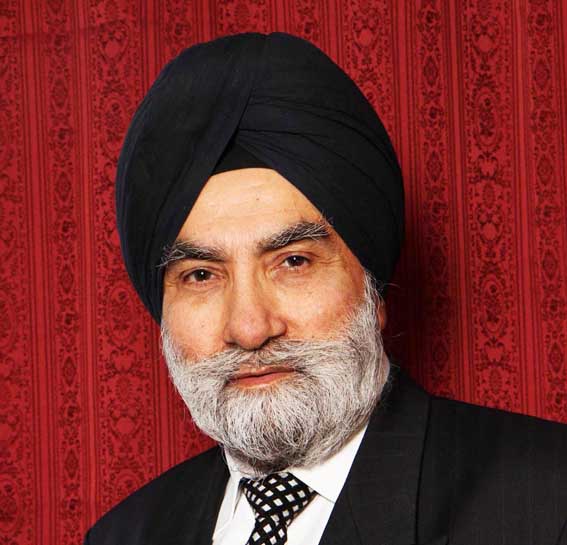Indo-Canadian Conflict Must Not Affect Hindu-Sikh Relations

Attacks on and even demolition of religious places is not the Sikh tradition nor would that be acceptable in Sikhi.
As compared to the much hyped sensational headlines by some mischief makers about a Hindu temple being attacked by Khalistanis in Canada, a Sikh Indian writer, K B S Sidhu (ex-IAS), clarified that the initial protest by Khalistan supporters outside the Hindu Sabha Mandir in Brampton was purportedly in response to the presence of Indian consulate officials, who were there to offer routine administrative services, including assistance with pensions for seniors. The protesters reportedly voiced objections, questioning why similar consular camps were not organised at Gurdwaras to support Sikh Persons of Indian Origin (PIOs) and permanent residents.
Many worshippers carried Indian national flags. Some went outside to engage with the protesters, leading to clashes and arrests. (We thank S Sidhu for this clarification.). Conflating the Indian national flag of the diverse Indian peoples with Hindutva nationalism and Hindu religion is a topic for another day.
It would be an understatement to say that the murder of Bhai Hardeep Singh Nijjar on June 18, 2023, has uncovered much more than would have been expected. Instead of being settled at diplomatic level, the case has, in fact, opened the proverbial can of worms to reach geo-political level.
There is much evidence to show that extra-judicial killings by the state became a normal practice in India, especially from 1984. There are many investigative reports by human rights activists in existence to prove that. It is also probable that such a practice by Indian agencies crossed the border into neighbouring countries like Pakistan.
Then came the more recent open announcement by emboldened senior Indian politicians that dissidents can be reached wherever they live in the world (Ghar may ghus ke marygay etc). That sounded like a further extension of the practice of extra-judicial killings by the state to Western countries.
We are not sure if that was an intentional announcement of change in Indian government policy about killing dissidents living abroad. In any case, the Five Eyes countries, US, Canada, UK, Australia and New Zealand, with large Indian-origin populations would have heard and taken note! I believe, Australia took some action.
It is possible that Indian strategic positioning in opposing global blocks has also annoyed Western democracies led by the US.
In Canada, the Foreign Interference Commission and the National Security and Intelligence Committee of Parliamentarians have ranked India as the second most serious foreign cyber interference threat to Canada after China.
So, as Canadian law enforcement agencies continue to probe the killing of Hardeep Singh Nijjar, much more than was expected is coming out of the woodwork. PM Trudeau has made it clear that Canada will never tolerate the involvement of a foreign government in threatening and killing Canadian citizens on Canadian soil.
The possibility of tensions between Hindus and Sikhs living abroad would be most unfortunate. The Indo-Canadian row over Canadian allegations against India, has moved from diplomacy to geo-politics and now, even to religion. There are serious consequences for Indian diaspora including the Sikhs who have been the main beneficiaries of good relations between India and Canada.
Good Hindu-Sikh relations in the countries we live in are important. While legitimate nationalist movements will continue, the damage to community relations can be limited if there is higher understanding of the issues and sense prevails. Perhaps the need is for Hindu-Sikh joint forums at local and national levels.
Gurmukh Singh OBE
Principal Civil Servant retd (UK)